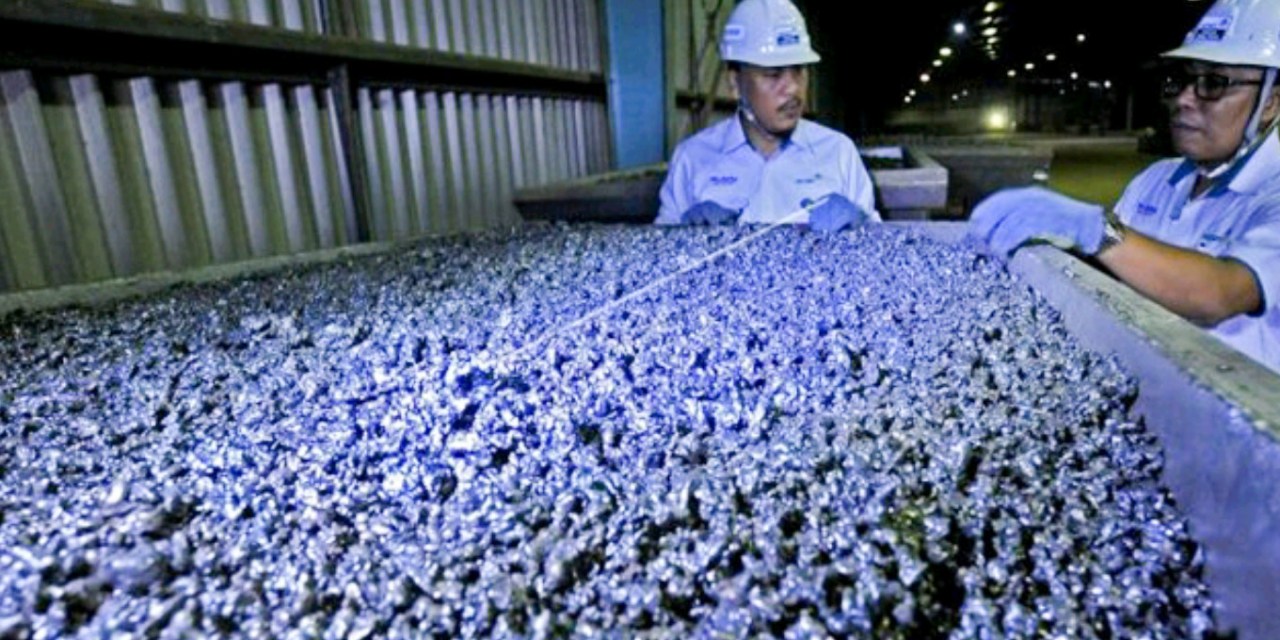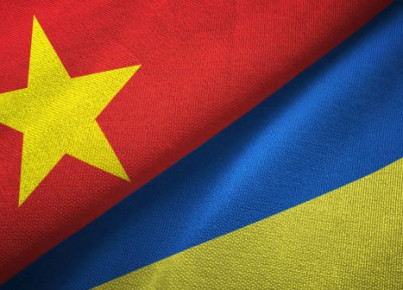Nickel is one of Indonesia's leading products. Giacarta has promoted a "resource nationalism" policy to retain the wealth of mining in the country and boost internal growth. Chinese investors dominate the market, but Jakarta has to deal with the social and environmental costs related to the industry if it aims at creating a sustainable economy.
At the beginning of March, the price of nickel saw a 90% increase on the London Metal Exchange, reaching $ 100,000 per metric ton. As the extreme volatility of this metal does not affect consumers directly, unlike the appreciation of other commodities such as oil, it is a phenomenon to watch out for - especially for investors interested in Southeast Asian emerging markets.
Nickel is one of the most volatile metals, since its extraction and processing methods are not as standardized as that of other minerals. The production technologies are diverse, as it is also traded in the form of by-products such as iron nickel or pig iron - metals less refined than class 1 (99.8% pure) traded on the London Metal Exchange. Much of the nickel is extracted from laterite, of which some areas of Southeast Asia are rich, and from sulfide deposits. Unlike the latter, laterite is not so scarce, and it is a fundamental resource for the electric vehicle industry. For this reason, a large part of the investors employed in the automotive sector are interested in the fluctuations of nickel, to capitalize on those opportunities provided by the economies of Southeast Asia.
One of the main nickel producers in the world is Indonesia. According to the consulting firm McKinsey&Company, Jakarta averages 27% of the global nickel supply, and some analysts believe the country could increase its share of world production by up to 60% within the next eight years. "By 2028, we expect Indonesian (nickel) production to exceed total world production in 2020 by 2.5 million tonnes," said representatives from Macquerie, an Australian-based financial services institution. The increase in the supply of machined nickel is deemed to be seen as a victory for the Indonesian government, that has been committed for years to outlining regulatory measures that free national economic growth from the dominant role of exports of raw materials. The first crackdown was introduced in 2014, then eased in 2017 and re-established last year. The so-called "resource nationalism" promoted by Joko Widodo's government aims to encourage mining companies to invest downstream of the production process, limiting the export of raw ore and instead enhancing the value-added stage. Although the goal was to prevent the wealth carried by exports of crude metals from ending up in overseas refineries, many foreign investors have been involved in this transition.
China dominates the nickel industry in Indonesia. Indeed, Beijing boasts the largest automotive market in the world, and has seen impressive growth in the sale of electric vehicles in recent years - another factor that has contributed to the rise in the nickel’s pricel. However, it does not have a large availability of mineral deposits: the country's laterite reserves constitute only 3% of the world total. For this it must draw on the resources of its regional neighbors to support the internal development of the sector. Much of Indonesia’s nickel processing business is concentrated in Sulawesi, where the Chinese company Tsingshan operates Indonesia’s Morowali Industrial Park. Morowali is an Indonesian county with fewer than 200,000 residents, but it has attracted billions of dollars in Chinese investment in recent years. Battery material companies Zhejiang Huayou Cobalt, Eve Energy and Guangdong Brunp Recycling Technology injected up to $ 4 billion into the county in 2021 alone. Tsingshan founded Morowali Industrial Park in 2013. Today the plant belongs for 49,69% to the Chinese company Shanghai Decent Investment Group, 25.31% to Indonesian Bintang Delapan Group and the remaining 25% to their joint venture, Sulawesi Mining Investment PT. The project was included in the Belt and Road Initiative global development strategy launched by the Beijing government in 2013.
Although the interests of Beijing and Jakarta intersect in the nickel processing sector, and many proponents of the Paris climate accords view this agreement as an important step towards more sustainable forms of transport, Indonesia faces some contradictions. The recent Omnibus law promulgated by the Indonesian government for job creation affects Jakarta's performance against ESG (Environmental, Social and Governance criteria) standards, especially with respect to public participation. According to Angela Tritto, a researcher at the Hong Kong University of Science and Technology, environmental impact assessments can only be challenged by people "directly affected" by the negative externalities of projects. Often these people do not have sufficient financial resources to engage in lawsuits. Additionally, two reports appeared last year by AEER and the Rosa Luxemburg Foundation warned of the dangers of deforestation and flooding that often accompany mining initiatives in Indonesia, as well as the onerous shifts that the workers are forced to endure without receiving adequate compensation. The Indonesian primacy of nickel’s supply entails various social and environmental costs: this is why investments in the sector should take into account that the transition to electric vehicles alone is not enough to guarantee sustainability.






